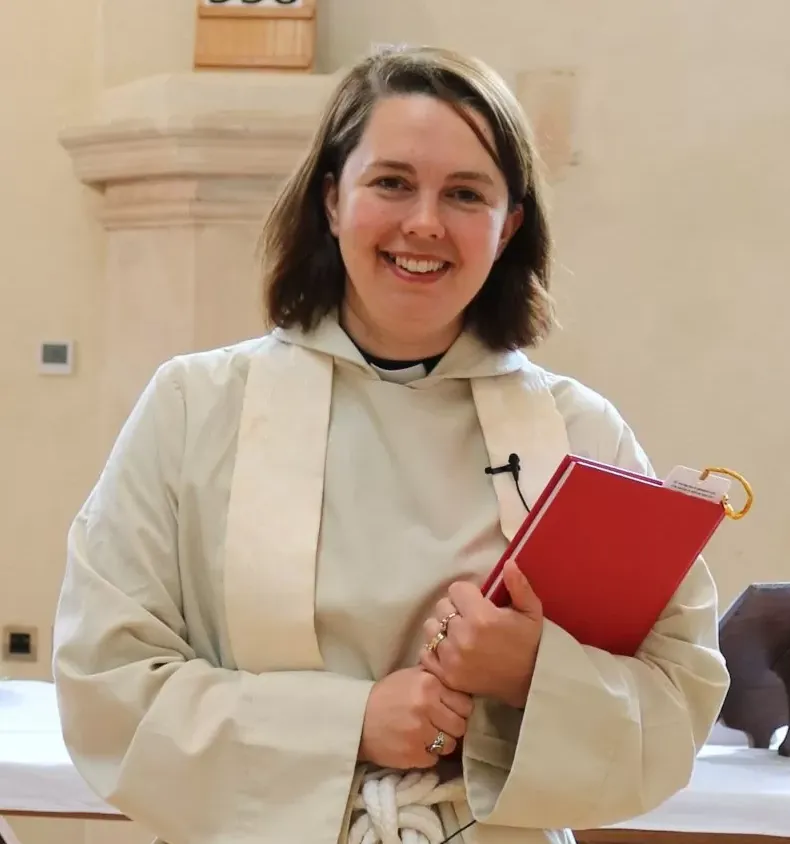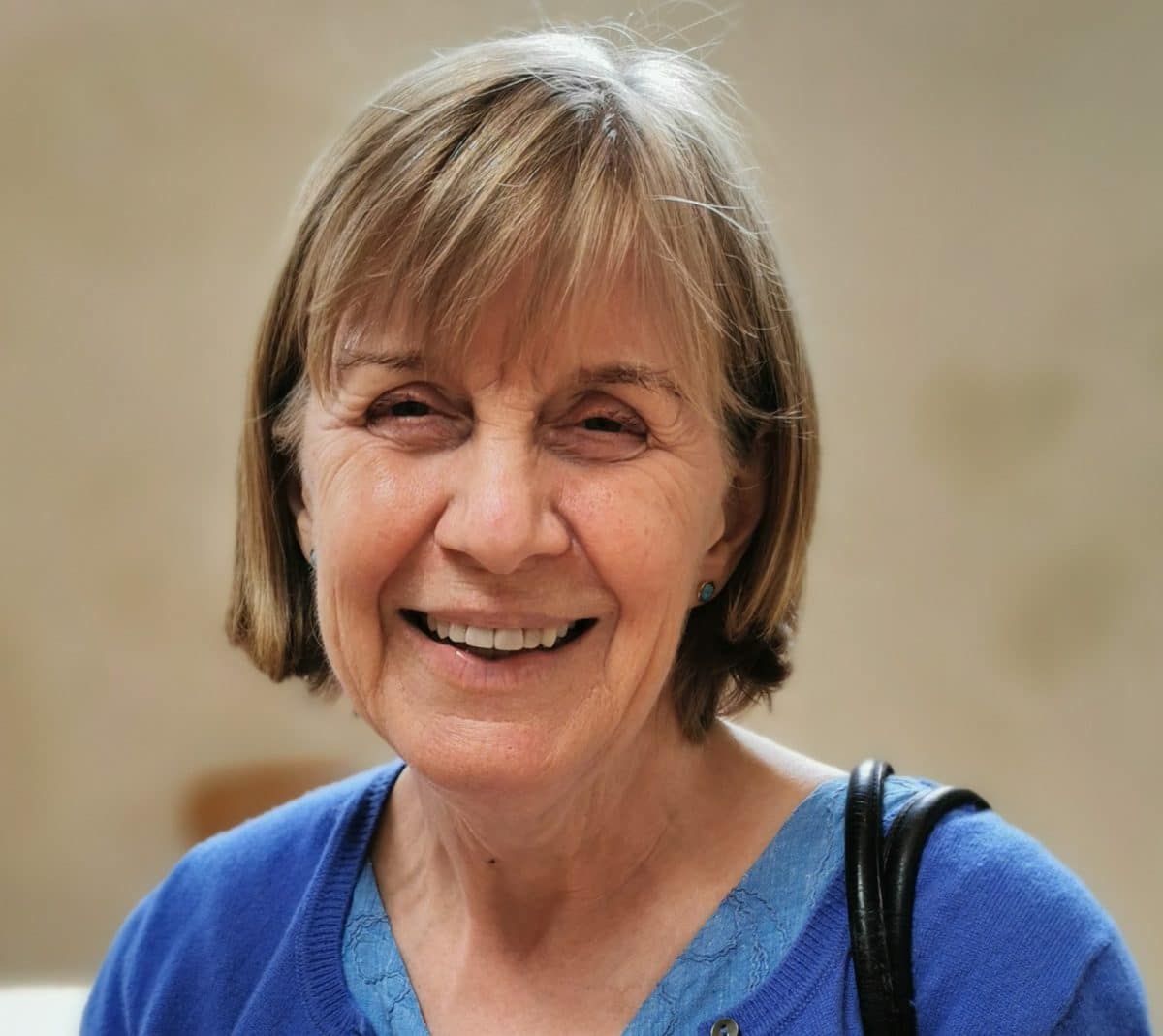


St. Peter’s PCC
- Elizabeth Barley
- Ron Beal
- Alison Benton
- Andy Bonner
- Christine Drewienkiewicz
- Sarah Earthy
- Jules Flory
- Sally Palmer
- Alan Parsonson
- Barbara Pettegree
- Alison Wood
- (plus the Vicar and Churchwardens)
What is the PCC?
What does The PCC do?
The PCC is a team made up of members of clergy and lay members of the church. Together they are responsible for the overall wellbeing, practical as well as spiritual, of their church, the church members, and the church buildings. The PCC also has a duty to promote the mission of the church within the wider community.
Some of the responsibilities are devolved to the Minister and Churchwardens but to quote from the Parochial Church Council (Powers) Measure 1956 section 2 ‘It shall be the duty of the minister and the PCC to consult together on matters of general concern and importance to the parish’. Members of the PCC have the right to be consulted, to know what is proposed, and to have the opportunity to express an opinion on it.
The Minister is Chairman of the PCC though he or she may on occasion ask another member to chair a particular meeting. A treasurer, a secretary and vice-chairman will usually be elected to office at its first meeting after the Annual Parochial Church Meeting (APCM).
The PCC will also appoint a standing committee, typically the Minister as chair, the churchwardens, the treasurer and two elected members.
PRAYER AND WORSHIP
Prayer and Worship are at the heart of the work of the PCC. The PCC should ensure that appropriate arrangements are in place for public worship and provide an opportunity for people of all ages to meet for prayer and worship.
In practice this might mean agreeing on the format and timings of services that will meet the needs of the church members, providing facilities for younger members and families, setting up Bible study or Prayer groups etc….
MISSION AND OUTREACH
The PCC has an important part to play in promoting the mission of their church, amongst the congregation and in the wider community, and members of the PCC should demonstrate their commitment to the Christian ethos, through leadership, by example and by witness, in the parish.
PASTORAL CARE
The PCC and its members have a duty to support their clergy, prayerfully and personally.
They have a duty to support the members of the congregation and to extend a welcome to all who visit the church, to members of the church community and to those visiting the church at other times.
The church has a duty of pastoral care to all who live in our communities, whether members of the church or not, and PCC members are expected to take the lead in demonstrating that care.
FINANCE
The PCC will appoint a treasurer, and sometimes an assistant treasurer, to manage the day to day finances of the parish. The treasurer does not need to be a qualified accountant (though a very large parish might consider it appropriate to appoint a qualified accountant). He or she must understand how to maintain books, must have a good knowledge of the parish and the work of the church, and importantly must have the full confidence of the PCC membership. The treasurer will keep members informed on the financial situation and present a full report to each PCC meeting.
PCC members are Trustees of a charity and are responsible for managing the Church’s finances. They must ensure that all funds are properly accounted for, the books properly maintained, and the PCC annual accounts inspected or audited, and formally approved by the PCC, prior to the APCM.
BUILDINGS
The PCC is responsible for the care and maintenance of the fabric of the church, and any other buildings owned by the church. In practice the PCC may appoint a Fabric subcommittee to assist them but the PCC members should be aware of any issues relating to the buildings and they have the responsibility of deciding on them and voting on items of expenditure.
THE PCC MEETING
The PCC is required by law to meet at least four times a year (one meeting may follow on from the APCM) though some PCCs may decide to meet more frequently. There is a strong argument for holding more frequent, but shorter, meetings and in any event good practice suggests a maximum two hours for each meeting as a general rule.
The PCC should take time at these meetings to consider and discuss, and if appropriate vote upon, matters concerning the Church of England arising at a higher synod or referred down to the PCC by the Bishop or by the deanery, diocesan or General Synod.
The PCC may also on occasion decide to send information, an opinion or a motion up to the deanery synod.
The PCC meeting should be a forum for open discussion with every member feeling able to ask a question or voice an opinion.
WHO CAN BE A MEMBER OF THE PCC?
If you are 16 years old or over, have been on the electoral roll of your parish for at least 6 months and are an actual communicant, YOU can stand for election to your PCC.
MEMBERSHIP OF THE PCC
Members of the PCC are drawn from two sources, those elected at the Annual Parish Church Meeting and those who are ex officio members.
The following are ex officio members
All Priests and Deacons licensed to the parish
Deaconesses and Licensed Lay Workers licensed to the parish
The churchwardens
Any person on the electoral roll who is a member of deanery, diocesan or general synod
Additional members may be co-opted onto the council by the PCC during the course of the year.
Someone may ask – What skills do I need to be a member of the PCC? Skills may be too prescriptive, it is better perhaps to say that someone interested in becoming a member of the PCC will be:
A committed member of the congregation
Interested in and involved with the life of the church and the local community
Willing to learn and to share ideas, experience and gifts
Caring
Able to listen to another’s point of view
Some golden rules of PCC membership
Do
Attend meetings (and on time)
Read the papers before the meeting, be prepared
Ask if in doubt (especially important for new members)
Try not to fall out with your fellow members
Listen to all the arguments being put forward before making up your mind
Enjoy being a member of the PCC!
Volunteer for a task unless you are sure that you have the time to complete it
The PCC needs thinkers and doers, questioners and listeners
but you do not have to be
A SAINT
A THEOLOGIAN
AN EXPERT
THOUGH NOBODY WILL MIND IF YOU ARE!
Abridged from “Being a PCC member” by the Diocese of Chichester
